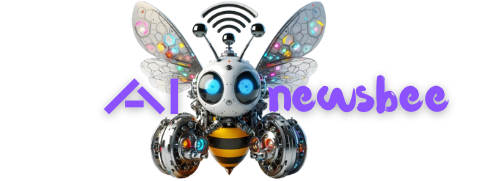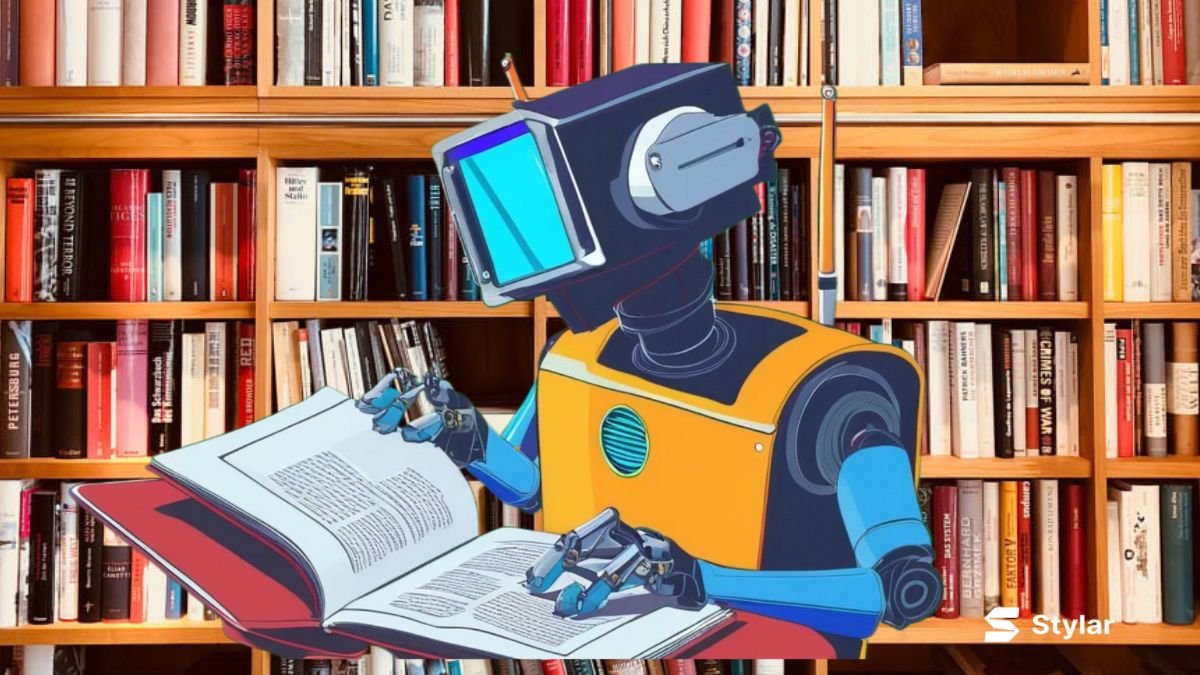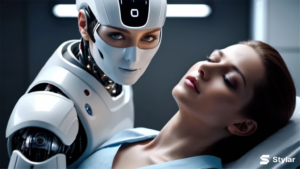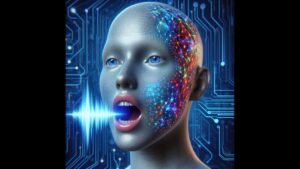
Table of Contents
ChatGPT can do so many things that it has now become the go-to guy or gal for almost anything. There are videos on YouTube with claims that the OpenAI tool can write ebooks, short stories, children’s comic books and entire novels as well. However the big question remains whether AI can edit a novel or other works of fiction like humans to give readers the best experience they have had so far.
Can AI Chatbots Edit Fiction Like Humans?
A recent experiment by four professional editors compared ChatGPT’s ability to edit a literary short story to that of human editors. The results showed that while ChatGPT can provide generic feedback on themes, structure, and style, it lacks the nuanced understanding and creative intelligence needed to meaningfully improve a piece of fiction.
In the first round of editing, ChatGPT gave broad suggestions that could apply to almost any story rather than feedback tailored to the specific issues in the text. When prompted to directly edit the story to improve pacing and imagery, ChatGPT made changes that altered the author’s unique voice and replaced subtlety with clichés.
Human editor Claire Corbett, in contrast, precisely identified issues with point of view, emotional dynamics, and narrative suspense. Her feedback demonstrated deep insight into the inner workings of the story and guided the author to make revisions that preserved the artistic integrity. Fellow editor Nicola Redhouse worked line-by-line with the author to refine the language.
In subsequent rounds, ChatGPT continued providing generic advice even on versions of the story that had already benefitted from extensive human editing. While ChatGPT could competently correct grammar and punctuation when specifically prompted, its suggested revisions introduced formulaic and heavy-handed phrasing antithetical to skilled literary writing.
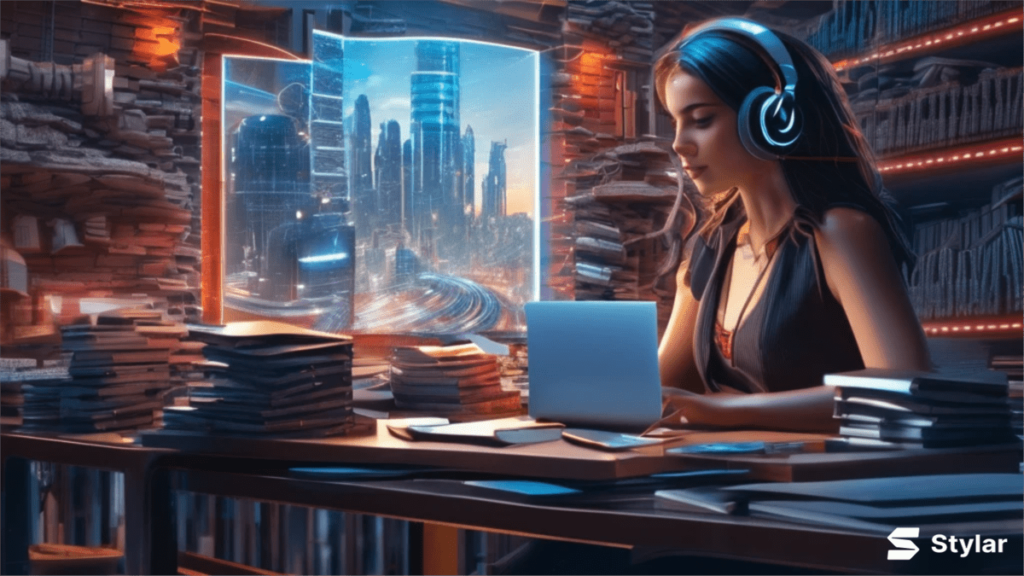
The key differences:
Human Intelligence vs. Artificial Pattern Recognition
Human editors bring experience, cultural knowledge, and emotional intelligence that allows them to intuitively grasp subtext, implication, and artistic intent. AI like ChatGPT relies solely on recognizing textual patterns in its training data. It therefore struggles with ambiguity and cannot judge the impact of creative rule-breaking.
Holistic Vision vs. Narrow Focus
Human editors take a big-picture view, balancing micro and macro elements like diction, pacing, mood, character, and plot to assess overall effect. ChatGPT hyper-focuses on fixing fragmented line-level issues without considering wider consequences.
Co-Creativity vs. Formulaic Suggestions
Editors collaborate with authors, build relationships, adapt guidance to writers’ goals, and know when to preserve artistic flourishes. Prescriptive and limited by its model, ChatGPT prescribes similar solutions for different stories and authors.
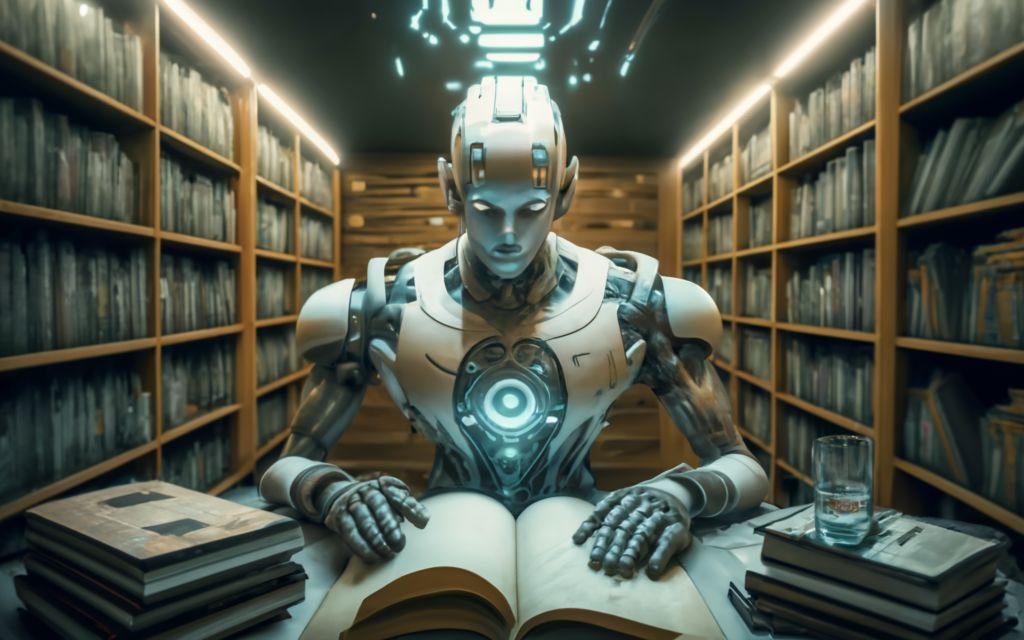
Can ChatGPT really be used to write novels and other works of fiction?
ChatGPT can be a valuable tool for various aspects of the writing process, such as brainstorming, outlining, and research. It can help with tasks like generating ideas, creating a marketing plan, and doing in-depth research on specific topics. However, using ChatGPT to write an entire novel at once is not recommended, as it is not capable of being creative and may provide false information, especially when asked about specific details. While it can produce human-like content, it lacks the ability to create art and include advanced writing techniques. Authors may use ChatGPT to generate short stories and then heavily edit and compile them into a book. Additionally, ChatGPT can be used to edit and correct mistakes in the text. It’s important to note that using AI tools like ChatGPT has limitations and may require double-checking the information it provides. Authors should also be aware that AI-generated content may lack the personal touch and creativity expected in literary works
In summary, AI chatbots may assist with basic editing but cannot replicate human creativity, strategy, and purpose required for quality fiction editing. The technology has promise but currently fails to grasp implied meaning or judge aesthetic quality essential for literary writing. Without human guidance, its suggestions range from generic to entirely detrimental to artistic goals. The creative leap of understanding and advancing artistic vision remains uniquely human – for now.
Click theconversation.com
